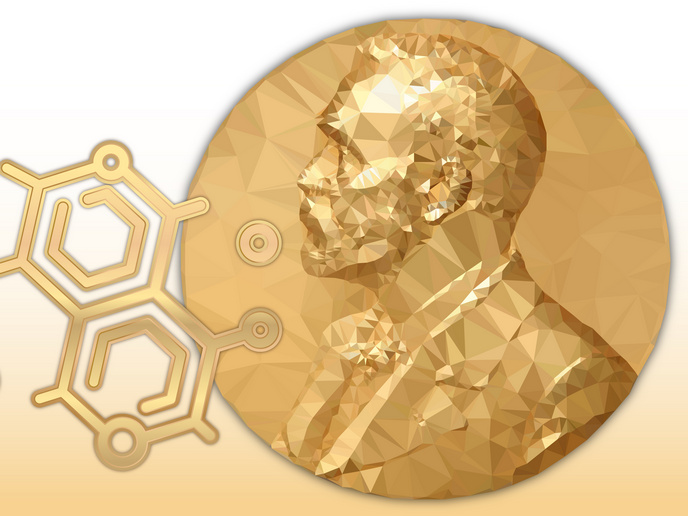Nano-capsules: a smarter solution to skin care
Nanotechnologies have the potential to revolutionise healthcare. Take nano-capsules for example. These nanoscale shells exist in miniscule sizes, from 10 nm to 1 000 nm, and represent a new frontier for delivering drugs. The drug is placed into the nano-capsule’s cavity, which is surrounded by a biocompatible polymer membrane that releases the active ingredients on demand. In skin care, nano-capsules could be used to treat such common conditions as allergic and irritant dermatitis, sun-damaged skin and skin pigmentation. But before using products containing nano-encapsulated actives can become a reality, they first need to be developed, tested and validated – which is where the EU-funded PEPTICAPS project comes in. “Our objective was to facilitate the use of nano-capsules in cosmetic products by demonstrating that well-designed nanomaterials are safe and showing the added value that nanotechnology can bring to current products,” says PEPTICAPS project coordinator Dr Damien Dupin. “As a result of our work, PEPTICAPS are now positioned as a new, safe and smart cosmetic ingredient.” Nano-capsules that feel your skin During the project, researchers developed and validated a new family of safe, stimuli-responsive nano-capsules designed to carry such fragile and natural active ingredients as vitamins and extracts. These nano-capsules are incorporated into, for example, cosmetic creams. When the user applies the cream to their skin, the PEPTICAPS technology takes advantage of the changes induced by damaged skin (such as a change in pH and the presence of enzymes) to release the nano-capsule’s active ingredients where the skin needs it most. “Unlike traditional liposome technology that lacks any release control, thanks to its smart polymer membrane, PEPTICAPS adapts the active delivery of the drug in a personalised way,” says Dupin. In addition to the nano-capsules themselves, project researchers also developed a new software tool for predicting the toxicity of polymer-based nanomaterials. “Although similar tools are already available, they tend to be more appropriate for inorganic particles,” explains Dupin. “For the first time, the tool has been adapted to polymer-based nanomaterials – an adaptation that will surely have a great impact in further developing nanomaterials.” From PEPTICAPS to EMISSARY Not only has the project produced a solution capable of better treating common skin conditions, it also demonstrated how this solution can be produced at an industrially-relevant scale and in accordance with cosmetic and safety regulations. “In just three years, we have successfully gone from a proof-of-concept to a fully-patented product that is market-ready,” says Dupin. The consortium partners have established EMISSARY Cosmetics, a new company that will commercialise the products developed during the PEPTICAPS project. The company has the exclusive rights to commercialise the nano-capsules with actives developed during the project and a full encapsulation service. “Through EMISSARY, PEPTICAPS are expected to replace liposome technology, thus becoming the gold standard for encapsulation in the cosmetic world and offering a better product to customers,” adds Dupin.
Keywords
PEPTICAPS, nano-capsules, nanotechnology, skin care







